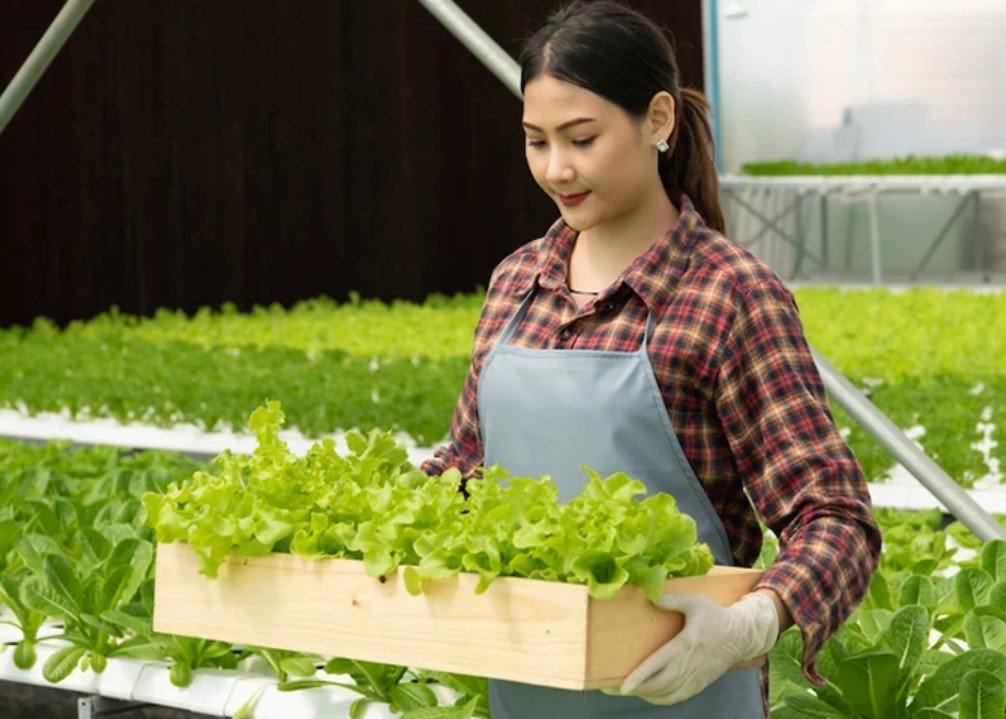The global agrifood system stands at a crossroads, grappling with numerous challenges that threaten biodiversity and food security. Industrial agriculture practices, climate change, and shifting dietary habits are just a few of the factors undermining our ability to produce and distribute food sustainably. Amid these pressures, agroecology emerges as a promising pathway to build resilience and ensure a secure food future for all.
Rising from the Fields: Stories of Transformation
Leydi Casimiro’s journey back to the countryside in the 1990s marks a significant shift towards sustainable farming. Her family’s farm, Finca del Medio, nestled in Cuba, has become a beacon of agroecological practices. Despite facing climate challenges and limited resources, Leydi has transformed the farm into a thriving ecosystem that harmonizes with nature.
Finca del Medio showcases how:
- Diverse Crop Production: Growing a variety of vegetables and fruits enhances biodiversity.
- Sustainable Practices: Implementing techniques that preserve soil health and reduce dependency on external inputs.
- Community Engagement: Training local farmers and promoting fair market access to ensure long-term sustainability.
Leydi’s efforts highlight the importance of resilience and adaptability in farming, offering a model that can be replicated in other regions facing similar challenges.

European Estates Embrace Organic Traditions
In Tuscany, Italy, Tenuta di Paganico exemplifies the integration of traditional farming with modern sustainability. Spanning 1,500 hectares, the estate is home to forests, pastures, olive groves, and vineyards, creating a rich, wildlife-friendly environment.
Key Features of Tenuta di Paganico:
| Aspect | Description |
|---|---|
| Organic Rearing | Maremmana cattle and Cinta Senese pigs are raised organically on the farm. |
| Natural Habitat | Animals graze freely in the forest, their natural habitat. |
| Self-Sufficient Feed | All animal feed is produced and processed on-site, minimizing external inputs. |
This extensive farming system not only supports animal welfare but also contributes to the preservation of local ecosystems, demonstrating the viability of large-scale organic farming.
Building a Network of Change
Finca del Medio and Tenuta di Paganico are part of the Slow Food Farms network, which plays a crucial role in empowering food producers. By offering training, technical support, and market access, the network helps farmers become change agents in their communities.
Benefits of the Slow Food Farms Network:
- Empowerment: Equipping farmers with the knowledge and tools to implement sustainable practices.
- Market Access: Creating opportunities for fair pricing and short supply chains.
- Community Support: Fostering collaboration and knowledge exchange among local producers.
This network exemplifies how collective action and support can drive systemic change, making sustainable food systems more attainable.
The Future of Food: Diversity and Resilience
Agroecology not only focuses on sustainable practices but also emphasizes the cultural and social dimensions of food systems. By preserving indigenous crops and fostering agricultural diversity, agroecology enhances the resilience of food systems against climate impacts.
Farmers’ traditional practices, such as seed selection and exchange, are vital in maintaining crop diversity. This agricultural heritage provides a robust defense against the increasing variability of climate conditions, ensuring that food systems remain adaptable and secure.
















